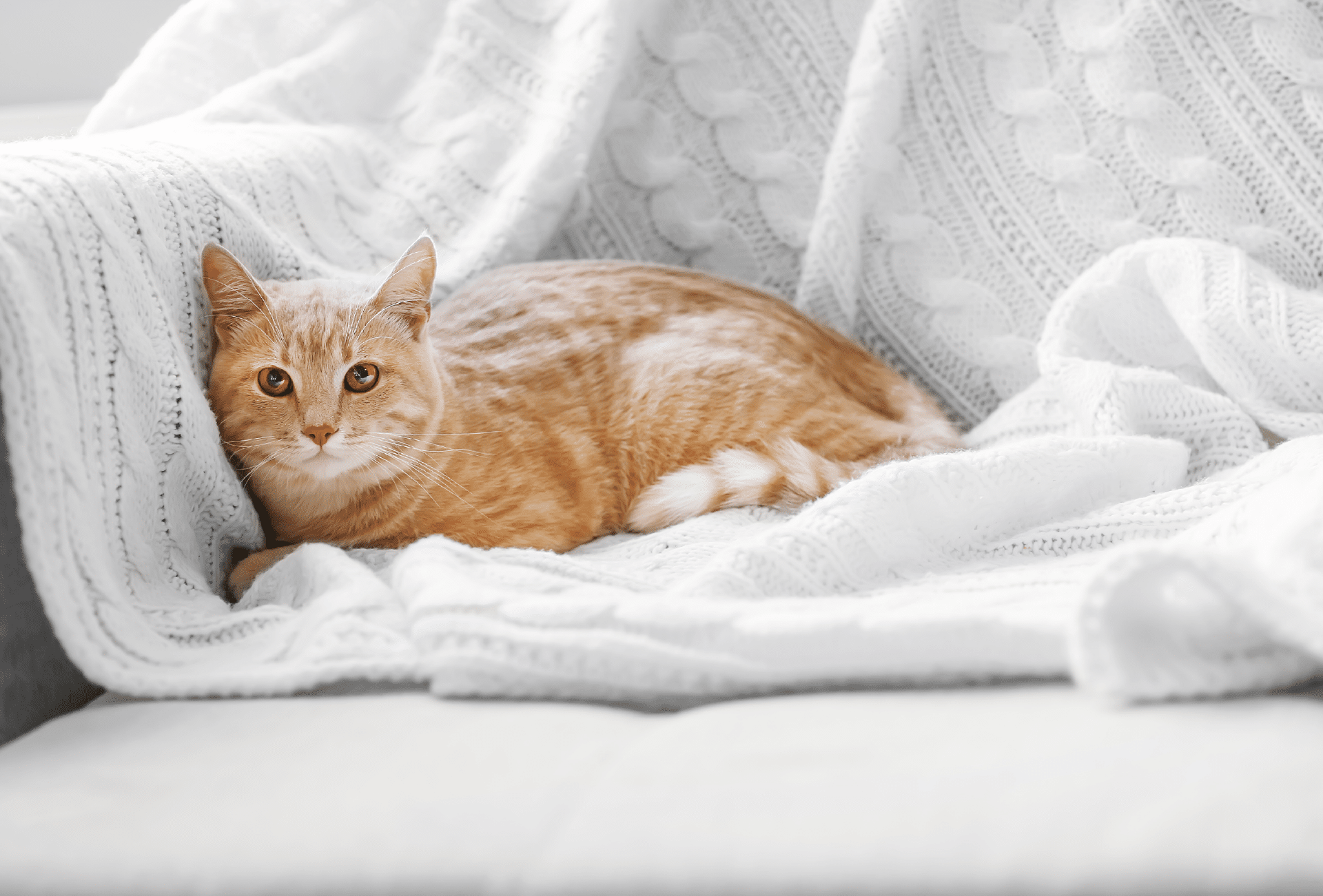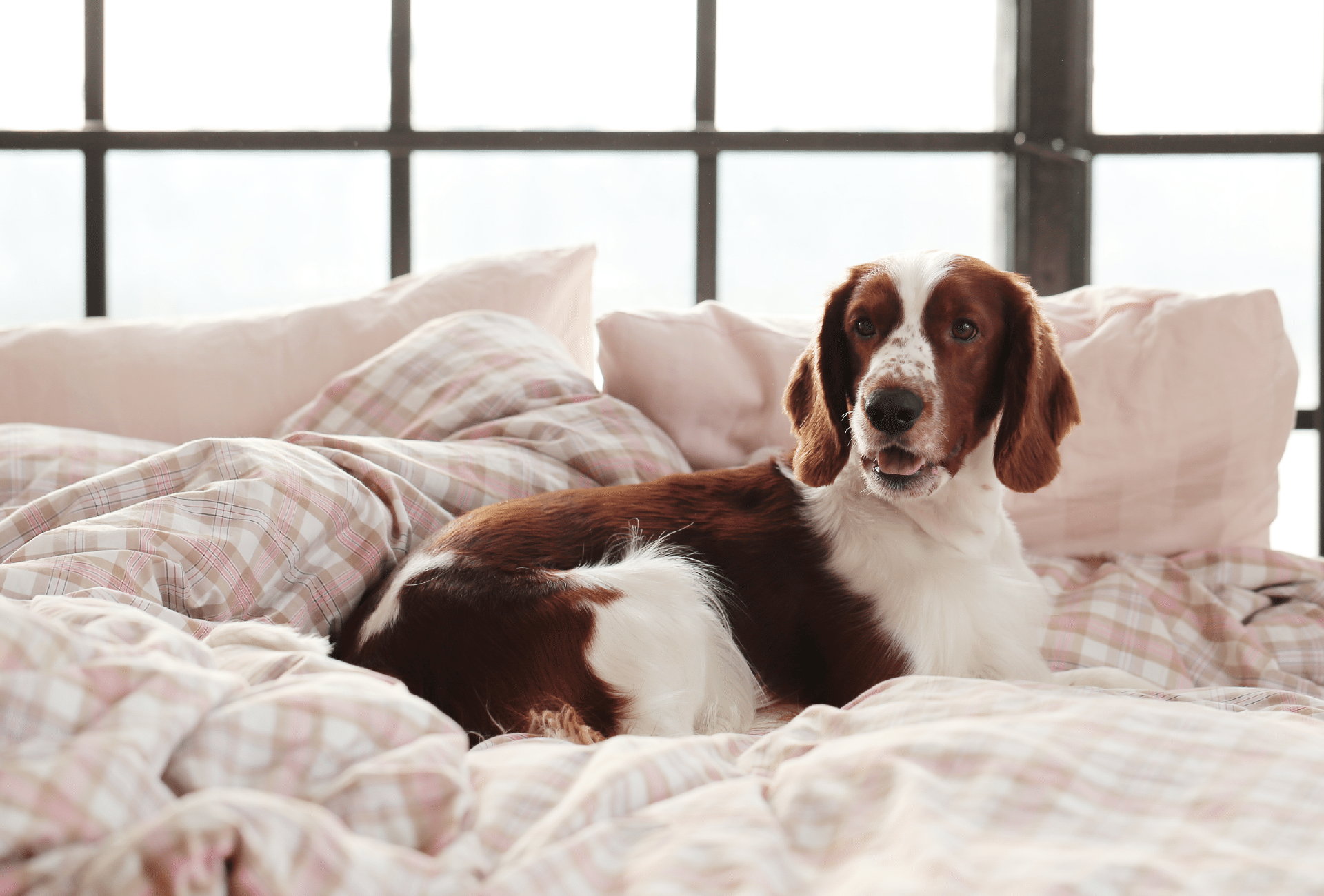Sleep plays a crucial role in the physical and mental health of our pets, just as it does for humans. During sleep, their bodies go through various restorative processes, including muscle repair, tissue growth, and the release of important hormones that help regulate bodily functions. Inadequate or poor-quality sleep can lead to a range of health issues for our furry companions, such as obesity, cognitive decline, weakened immune systems, and behavioral problems.
Moreover, pets that don’t get enough sleep may exhibit signs of fatigue, irritability, and reduced activity levels, affecting their overall quality of life. Therefore, as responsible pet owners, it’s our duty to ensure that our furry friends get the restful sleep they need to thrive. By adopting healthy sleep hygiene practices, we can help create a comfortable and peaceful sleep environment that supports our pets’ physical and emotional well-being.

In this blog, we’ll explore 10 sleep hygiene tips for pets to ensure they enjoy a comfortable and restorative slumber.
Establish a consistent bedtime routine: A consistent bedtime routine can help your pets understand when it’s time to settle down and sleep. This routine could involve activities such as a short walk or playtime, followed by calming cuddles to help your pet wind down. Consistency is key here, as your pet will begin to associate these activities with bedtime and feel more relaxed and ready to sleep.
Provide a comfortable sleeping environment: Creating a comfortable sleeping environment is essential for your pet’s overall health and well-being. A cozy bed or designated sleeping area is important, and it should be clean, well-cushioned, and situated in a quiet and low-traffic area of your home to minimize disturbances. Additionally, consider the type of bed that works best for your pet, such as a heated bed for senior pets with arthritis.
Keep the sleeping area cool and well-ventilated: A cool environment promotes better sleep for your pets. Ensure that your pet’s sleeping area has proper ventilation and is maintained at a comfortable temperature, ideally between 60-70°F (15-21°C). This will help your pet feel more comfortable and less restless during the night.
Limit exposure to artificial light before bedtime: Excessive exposure to artificial light can disrupt your pet’s natural sleep-wake cycle. Dim the lights and limit screen time for both you and your pets in the evening to create a soothing atmosphere. Additionally, avoid using bright night lights that may disturb your pet’s sleep.
Use white noise or calming music: Soft background noise or calming pet-specific music can help drown out any disturbances and create a more tranquil environment for your pet to sleep in. Consider using a white noise machine or a calming playlist to help your pet relax and fall asleep faster.

Maintain a regular feeding schedule: A consistent feeding routine can help regulate your pet’s internal clock. Avoid feeding your pet large meals close to bedtime, as this can cause discomfort and disrupt their sleep. Instead, feed your pet several small meals throughout the day and provide a light snack before bedtime.
Encourage daytime activity: Regular physical activity and mental stimulation can help your pets feel tired and ready for a good night’s sleep. Plan daily playtime and exercise sessions to help your pet expend their energy and reduce stress and anxiety. This will help them feel more relaxed and fall asleep easier at night.
Address any medical issues: If your pet is experiencing sleep disturbances, consult with a veterinarian to rule out any underlying medical issues. Conditions such as arthritis, allergies, or anxiety can impact your pet’s sleep quality. Addressing these issues will not only improve your pet’s sleep but also their overall health.
Minimize nighttime interruptions: Try to limit any disturbances that could wake your pet during the night. If possible, keep your home quiet and avoid sudden noises or movements that might startle them. Additionally, consider using blackout curtains to keep the room dark and free of distractions.
Be patient with new pets or changes in routine: Adjusting to a new home or a change in routine can take time for your pet. Be patient and understanding as they adapt to their new environment and sleep schedule. Additionally, consider using calming aids such as pheromone sprays or natural supplements to help your pet feel more relaxed during the adjustment period.
Conclusion
By following these sleep hygiene tips for pets, you can create a restful environment for your furry companions to enjoy a good night’s sleep. In doing so, you’ll be contributing to their overall health and well-being, ensuring they’re always ready for another day of fun and adventure.
